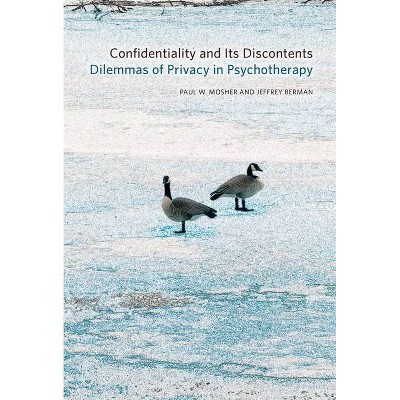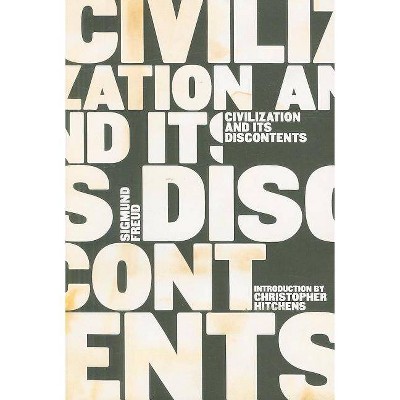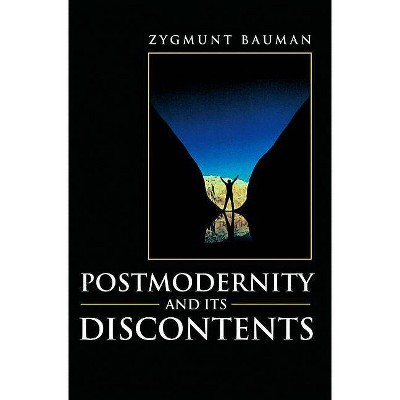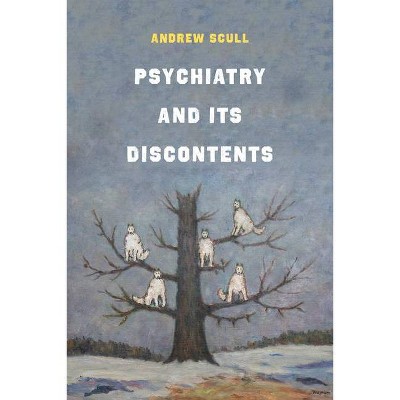Confidentiality and Its Discontents - (Psychoanalytic Interventions) by Paul W Mosher & Jeffrey Berman (Paperback)

Similar Products
Products of same category from the store
AllProduct info
<p/><br></br><p><b> About the Book </b></p></br></br>Confidentiality and Its Discontents: Dilemmas of Privacy in Psychotherapy explores the human stories arising from the psychotherapist's dual allegiance to patient and society. These dilemmas include the hazards of publishing a case study without the patient's permission and the unexpected problems arising from the therapist functioning as a double agent.<p/><br></br><p><b> Book Synopsis </b></p></br></br><p>Freud promised his patients absolute confidentiality, regardless of what they revealed, but privacy in psychotherapy began to erode a half-century ago. Psychotherapists now seem to serve as "double agents" with a dual and often conflicting allegiance to patient and society. Some therapists even go so far as to issue Miranda-type warnings, advising patients that what they say in therapy may be used against them. <p/>Confidentiality and Its Discontents explores the human stories arising from this loss of confidentiality in psychotherapy. Addressing different types of psychotherapy breaches, Mosher and Berman begin with the the story of novelist Philip Roth, who was horrified when he learned that his psychoanalyst had written a thinly veiled case study about him. Other breaches of privacy occur when the so-called duty to protect compels a therapist to break confidentiality by contacting the police. Every psychotherapist has heard about "Tarasoff," but few know the details of this story of fatal attraction. Nor are most readers familiar with the Jaffee case, which established psychotherapist-patient privilege in the federal courts. Similiarly, the story of Robert Bierenbaum, a New York surgeon who was brought to justice fifteen years after he brutally murdered his wife, reveals how privileged communication became established in a state court. Meanwhile, the story of New York Chief Judge Sol Wachtler, convicted of harassing a former lover and her daughter, shows how the fear of the loss of confidentiality may prevent a person from seeking treatment, with potentially disastrous results. <p/>While affirming the importance of the psychotherapist-patient privilege, Confidentiality and Its Discontents focuses on both the inner and outer stories of the characters involved in noteworthy psychotherapy breaches and the ways in which psychiatry and the law can complement but sometimes clash with each other.</p><p/><br></br><p><b> Review Quotes </b></p></br></br><br><i>Confidentiality and Its Discontents</i> is an enormously engaging book on a very important topic. Who among us is not aware of the incursions into our privacy (invited and uninvited) that characterize modern life? Do any of us experience the privilege of confidentiality, and if so, where?-- "The Psychoanalytic Review"<br><br>In this book, Paul W. Mosher and Jeffrey Berman have written an important, useful examination of a major issue in contemporary ethics in psychotherapy: confidentiality and privacy. In 11 chapters, they offer a comprehensive exploration of the nature of ethical dimensions of confidentiality and privacy, with carefully researched, diverse examples of violations of this essential component of psychotherapeutic ethical behavior.-- "American Journal of Psychoanalysis"<br><br>Paul Mosher, a psychoanalyst and professor of psychiatry, and Jeffrey Berman, a professor of English, have written a fascinating book on the ethical dilemmas of confidentiality in psychoanalysis and psychotherapy. The structure of the book is a series of case studies of psychotherapeutic relationships in which the obligation of confidentiality in the relationship is challenged by some competing obligation . . . . The care and richness of the presentation of each case is exemplary, and it should be a welcome addition to the shelves of any psychotherapist or teacher of practical ethics.-- "Psychoanalysis and History"<br><br><i>Confidentiality and Its Discontents</i> provides careful descriptions and discussions of a range of privacy cases that demonstrate the rapidly-escalating problems associated with the supposed confidentiality of the psychotherapeutic relationship. <i>Confidentiality and Its Discontents</i> will be a useful and unique resource to many mental health training programs.<b>---Paul Brinich, Clin. Prof. (Emeritus), Depts. of Psychology and Psychiatry, University of North Carolina at Chapel Hill, <i></i></b><br><br>Written by two of the leading individuals in the field, <i>Confidentiality and Its Discontents</i> is a clearly readable and well-argued account of the debates about confidentiality in psychiatry and psychoanalysis. The book is extremely well presented and adds immeasurably to the literature on the topic.<b>---Sander Gilman, Emory University, <i></i></b><br><p/><br></br><p><b> About the Author </b></p></br></br><br><strong>Paul Mosher</strong> is a psychoanalyst in private practice in Albany, New York, and is a Clinical Professor of Psychiatry at Albany Medical School. He has served as the Chair of the Committee on Confidentiality of the American Psychoanalytic Association. <p/><strong>Jeffrey Berman</strong> is Distinguished Teaching Professor of English at the University at Albany. He is the author of several books, including, most recently, Death Education in the Writing Classroom and Dying in Character: Memoirs on the End of Life. He is an honorary member of the American Psychoanalytic Association.<br>
Price History
Price Archive shows prices from various stores, lets you see history and find the cheapest. There is no actual sale on the website. For all support, inquiry and suggestion messages communication@pricearchive.us




















